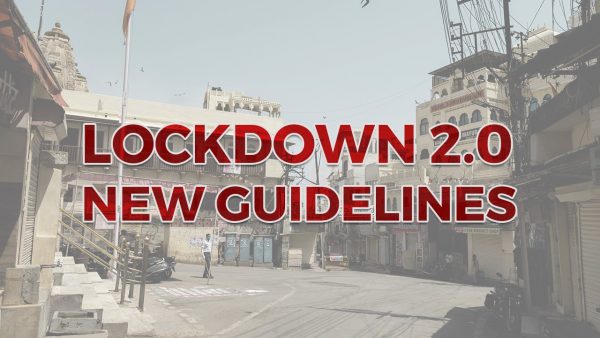Posted inNews
Lockdown 2.0 New Guidelines: What’s Open? What’s Banned?
The nationwide lockdown implemented to contain the spread of the novel coronavirus has been extended till May 3. And with that come new rules and guidelines that have to be…
